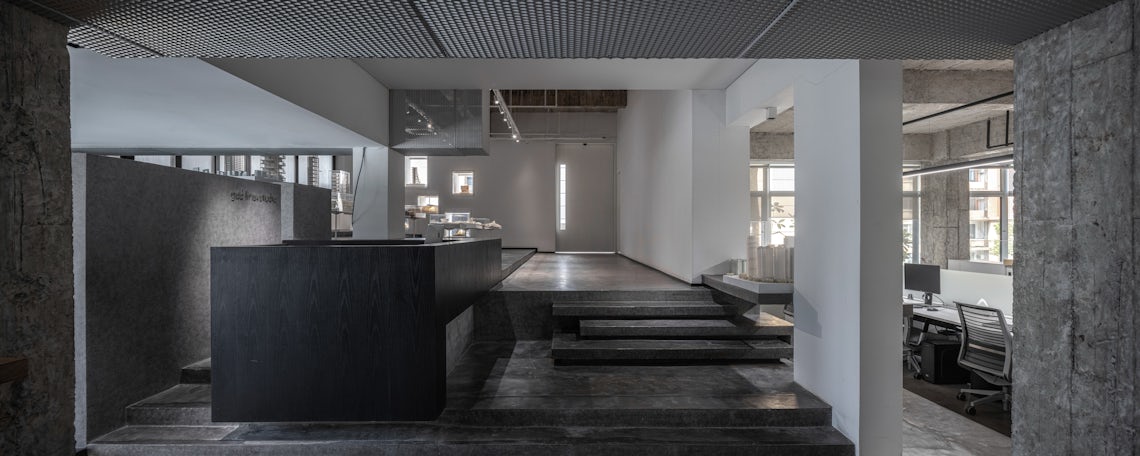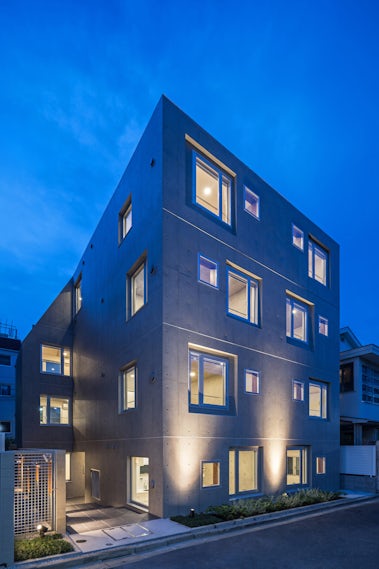The ‘future of work’ has been an ongoing topic of conversation for many years as companies seek to adapt to the latest trends and opportunities in order to drive productivity and growth, and attract talent. However, the onset of Covid-19 has amplified the discussion around what the future of work entails.
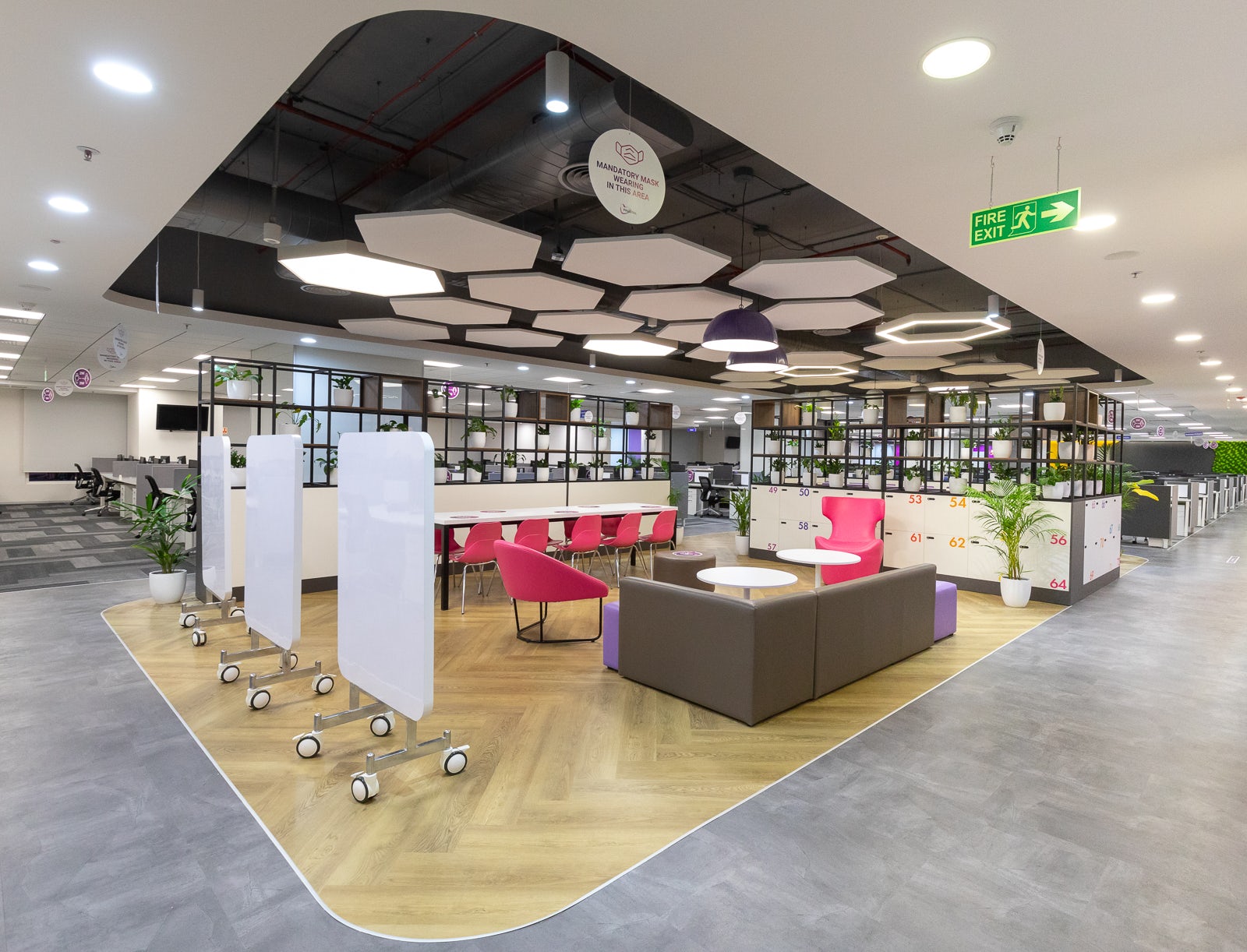
© CBRE
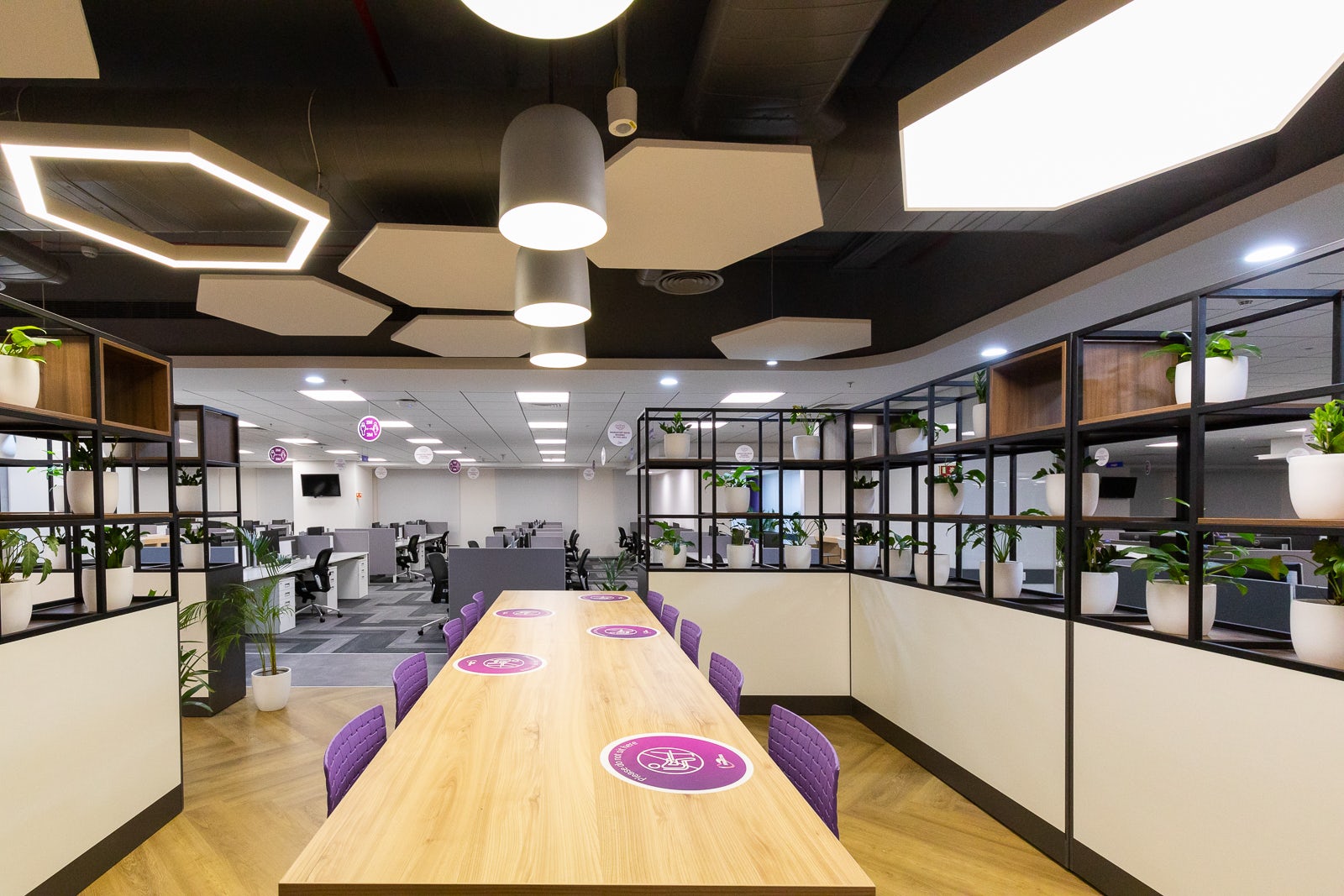
© CBRE
A new era of ‘work’ has arrived, earlier than expected.
Employees can now work productively regardless of where they are; that being said, because of the global uncertainty that permeated throughout 2020 and 2021, we have seen a growing appetite for remote work, coupled with a surge in companies adopting more flexible and hybrid working environments as part of their long-term real estate strategy.
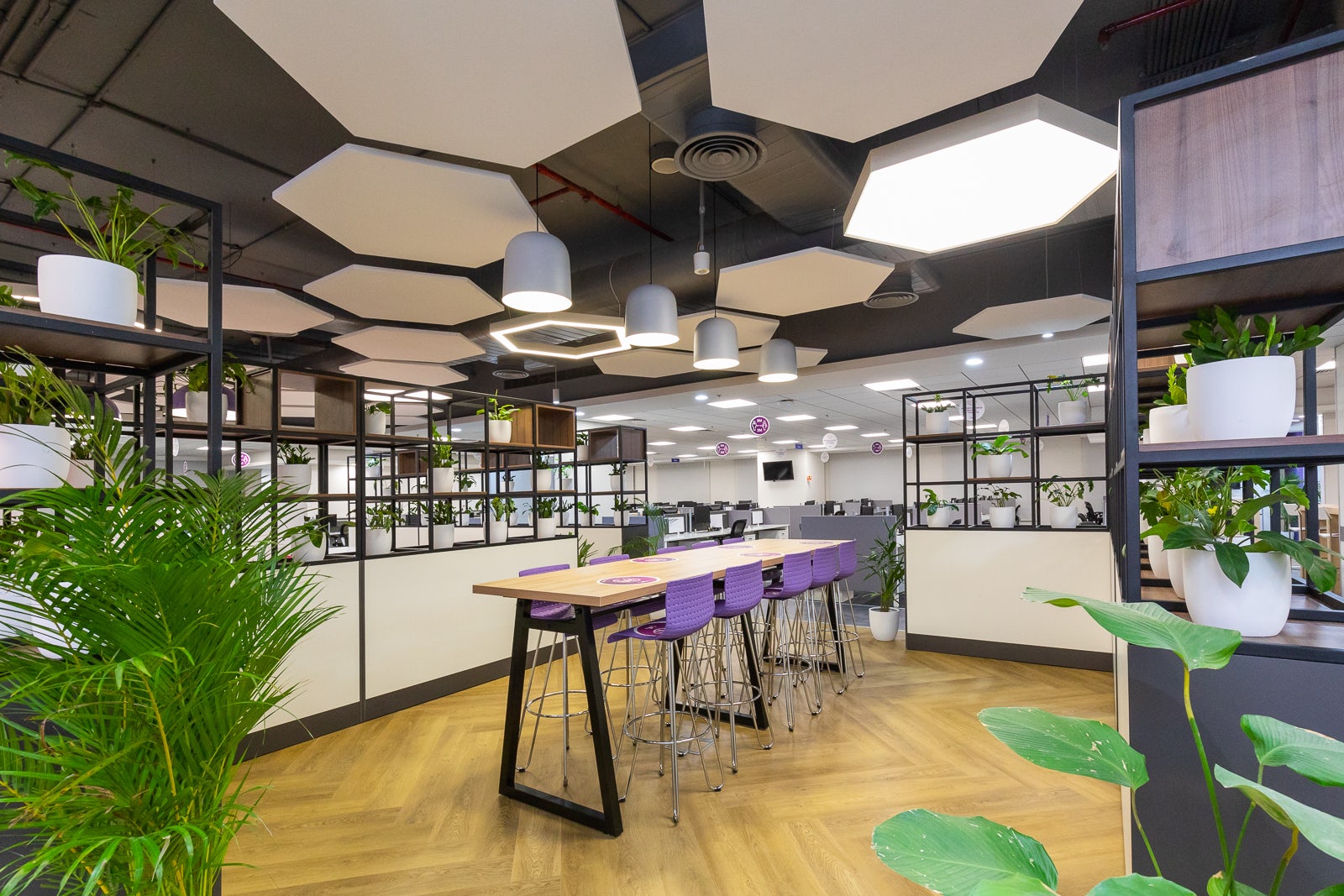
© CBRE
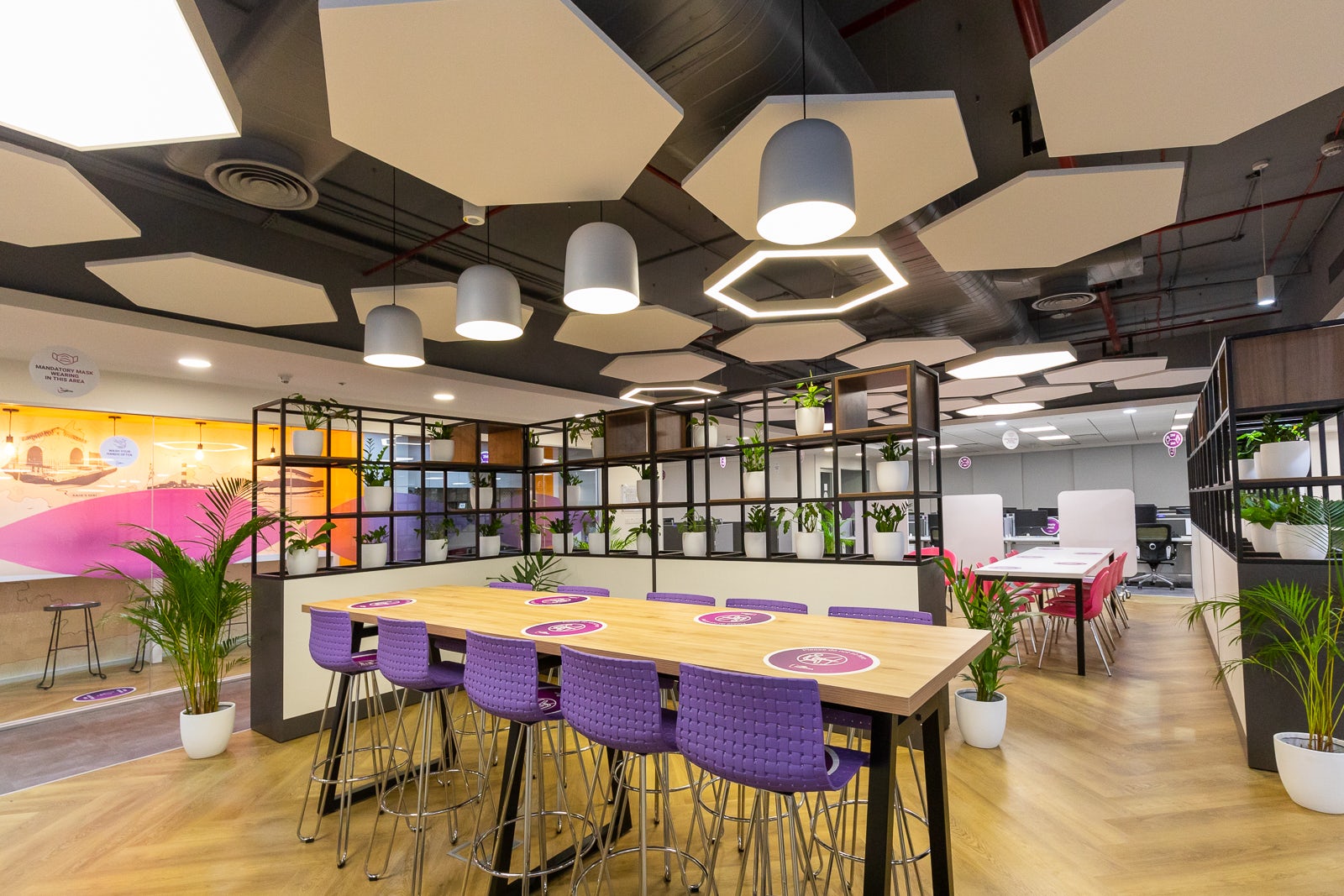
© CBRE
As the world starts to get back on its feet and offices open up again, the ‘workplace’ is becoming an increasingly malleable concept.
The prolonged pandemic has spurred and accelerated a change in mindset for many organisations on the role of the workplace, permanently impacting the way we work, and expectations of the workplace experience.
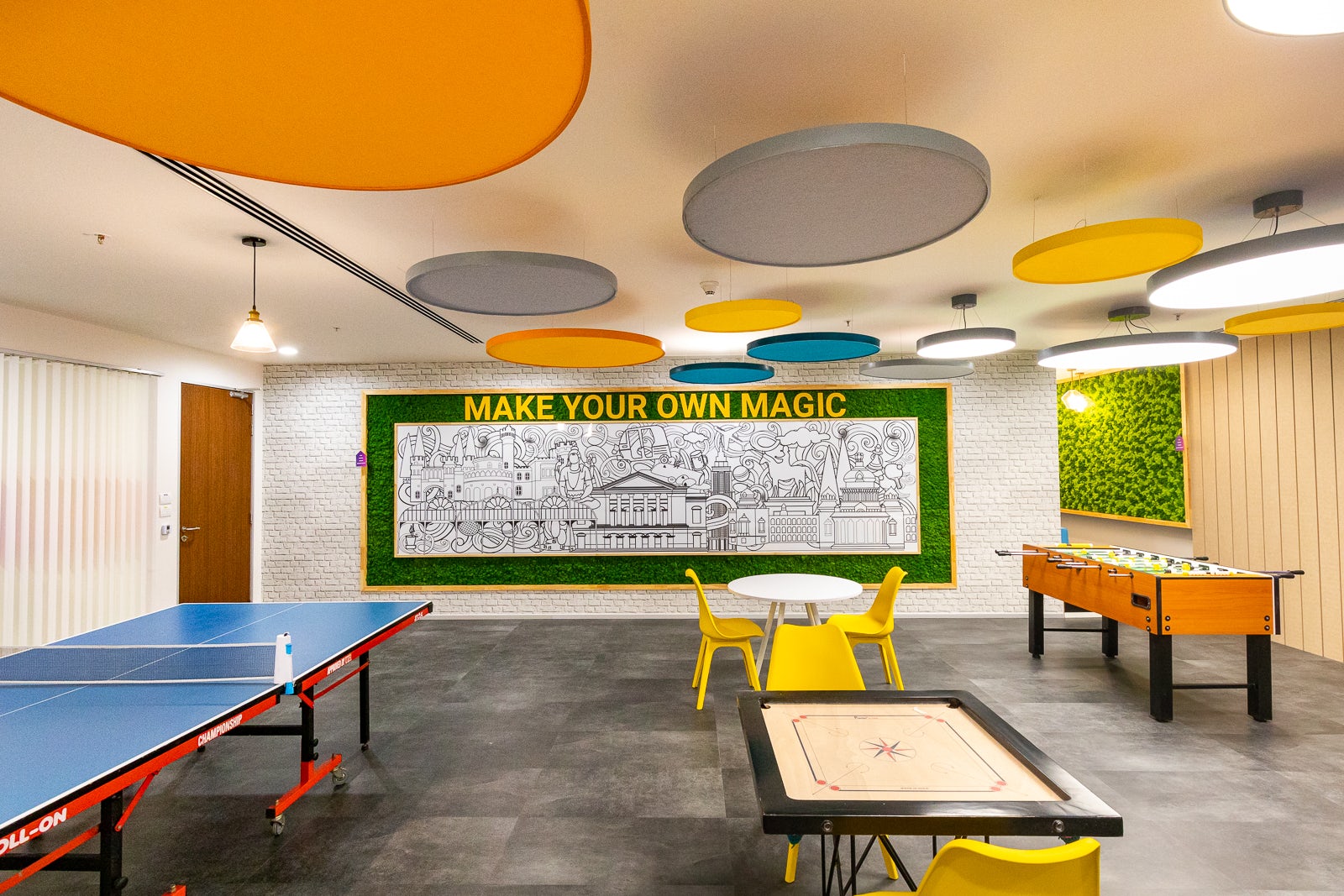
© CBRE
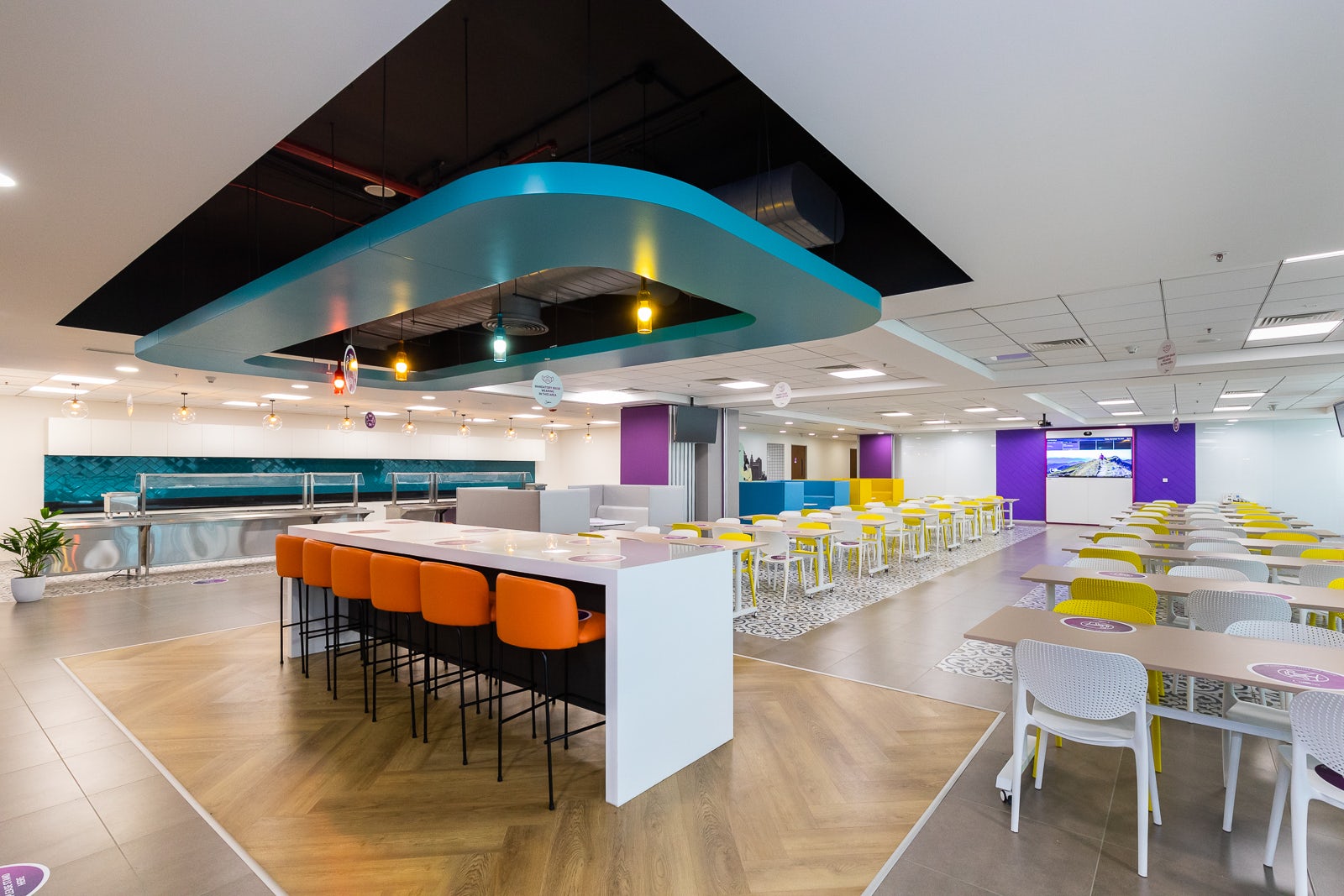
© CBRE
We have seen companies in Asia Pacific starting to look at initiatives to support balanced work styles. This has resulted in significant shifts in space allocation as they embrace flexible and hybrid options, providing employees with more choice as to where they carry out their work; whether at the office, at home, or another space that is conducive to work/life balance and productivity.
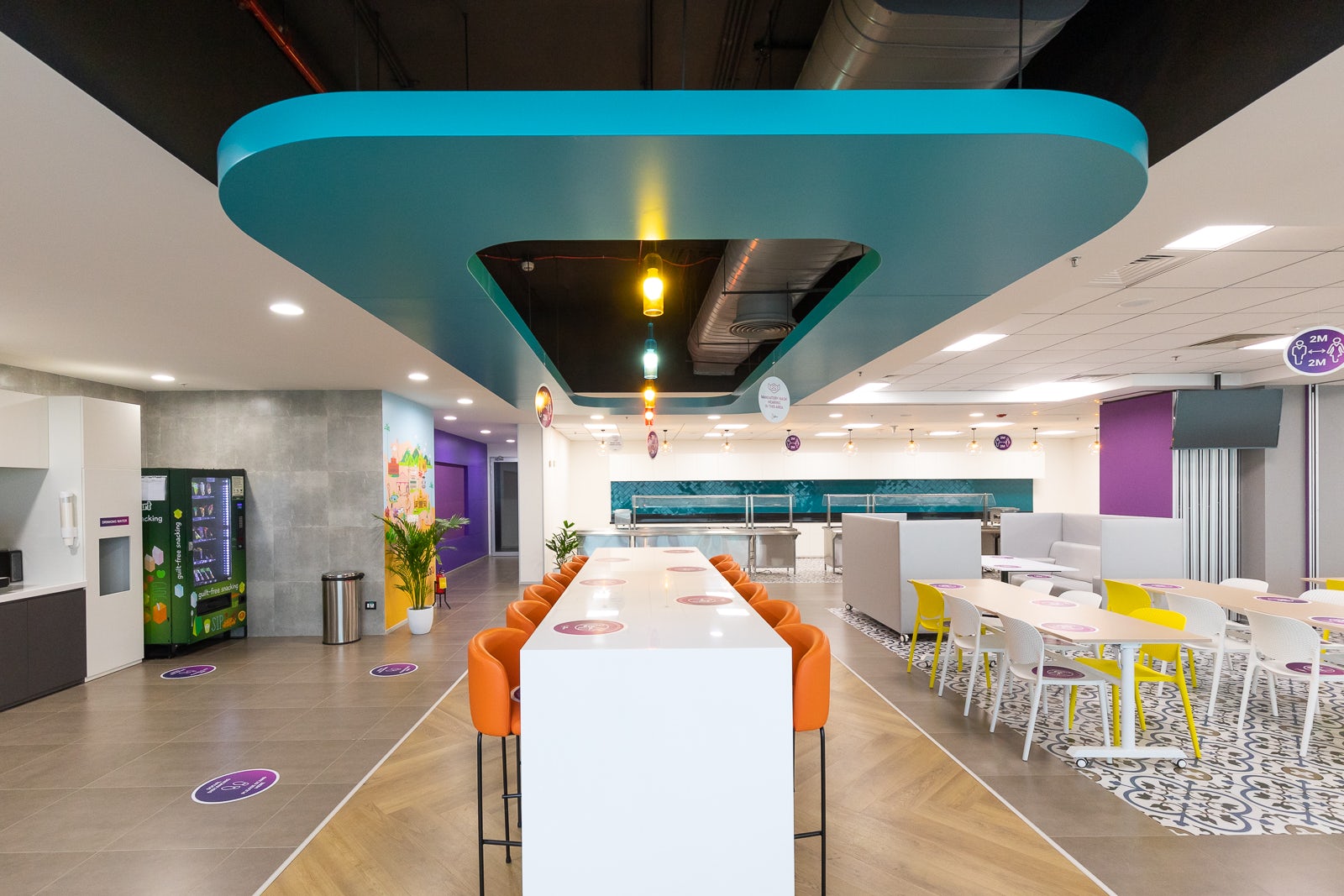
© CBRE
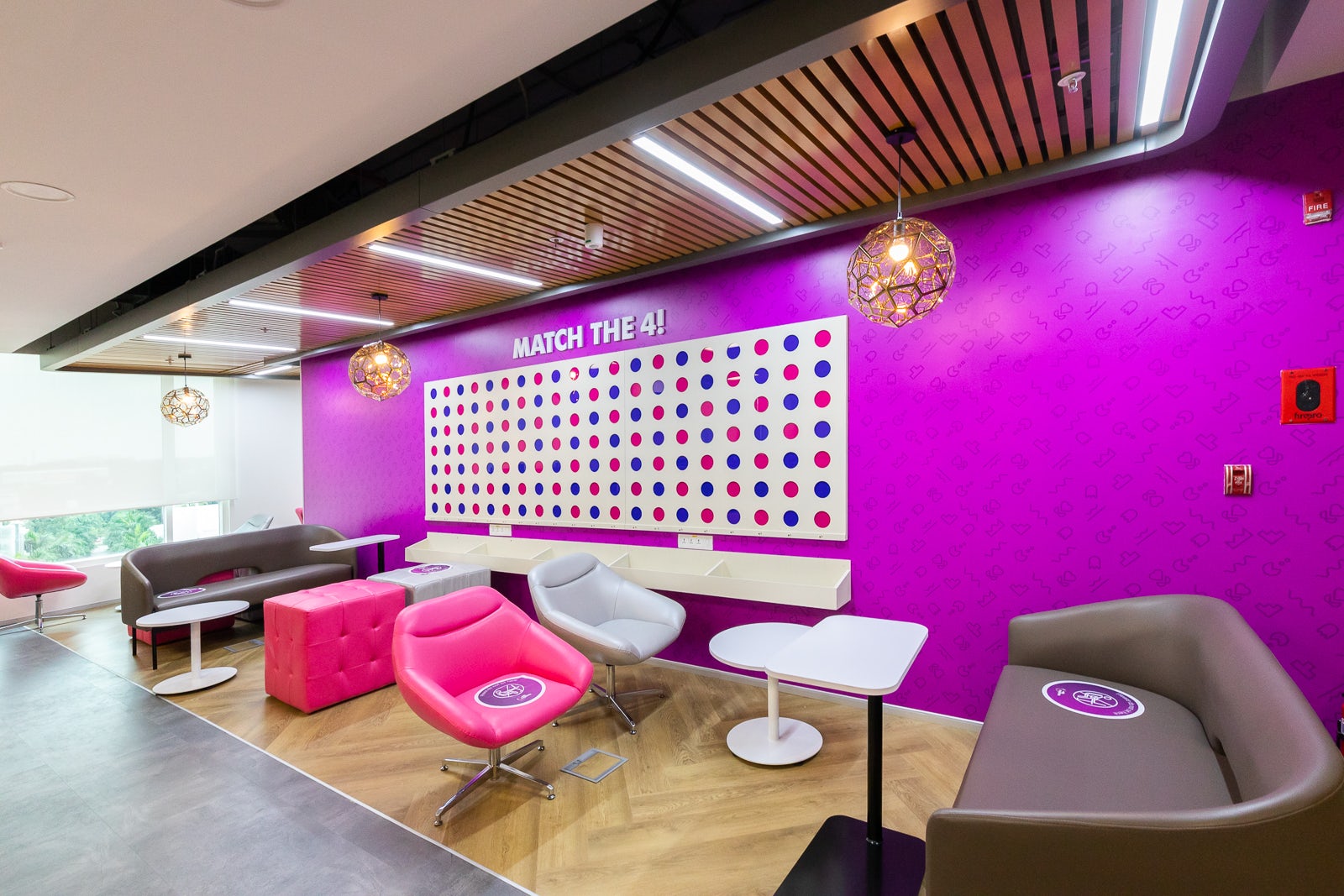
© CBRE
Therefore, a well-executed hybrid workplace strategy and an effectively designed workplace have become key to the way in which companies are planning for the future, and provide a key competitive advantage for those focused on attracting talent in the marketplace.
Bearing these trends in mind, we recently devised a ‘return-to-office’ strategy as well as design for Finastra Ltd in India, a financial software company headquartered in London.
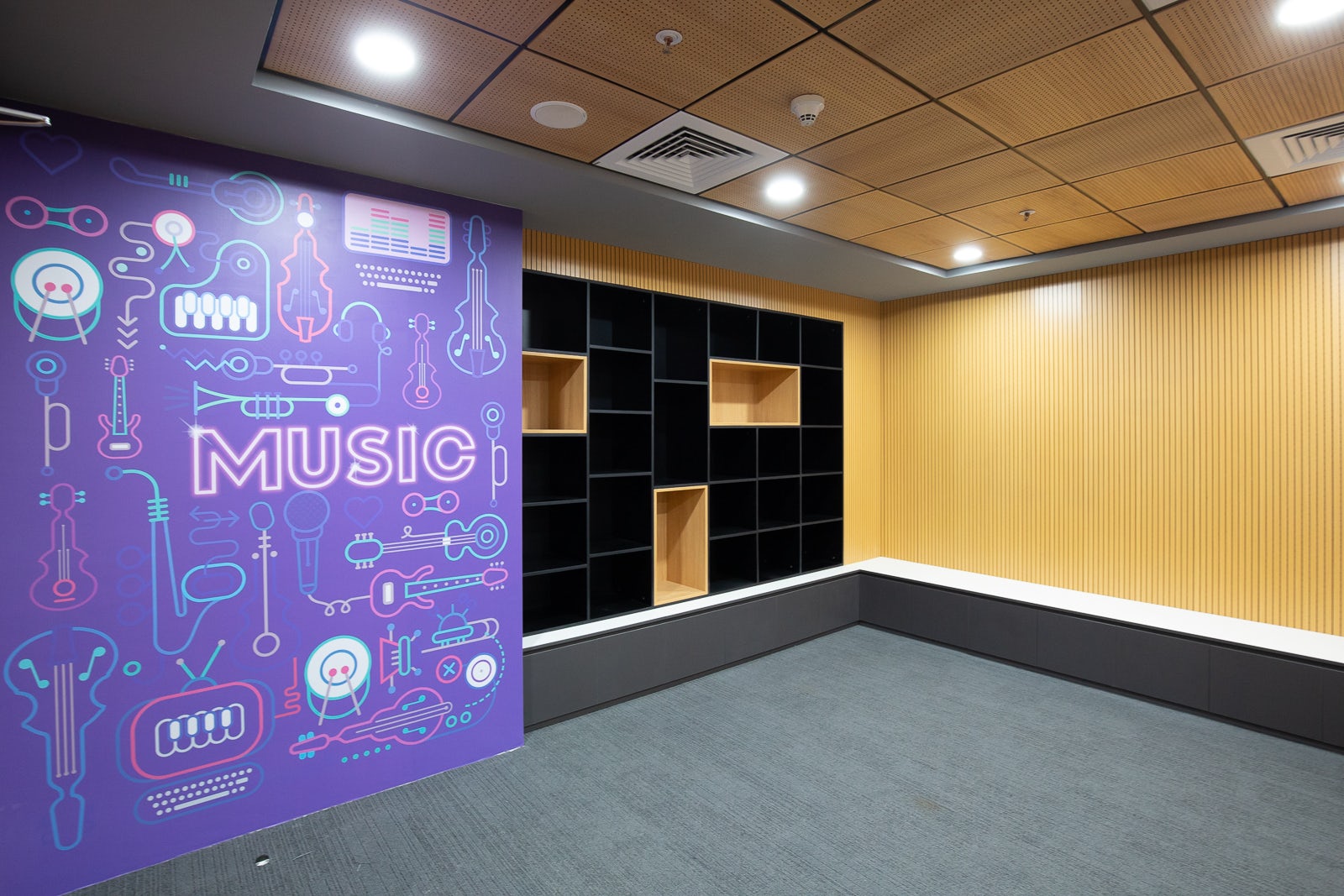
© CBRE
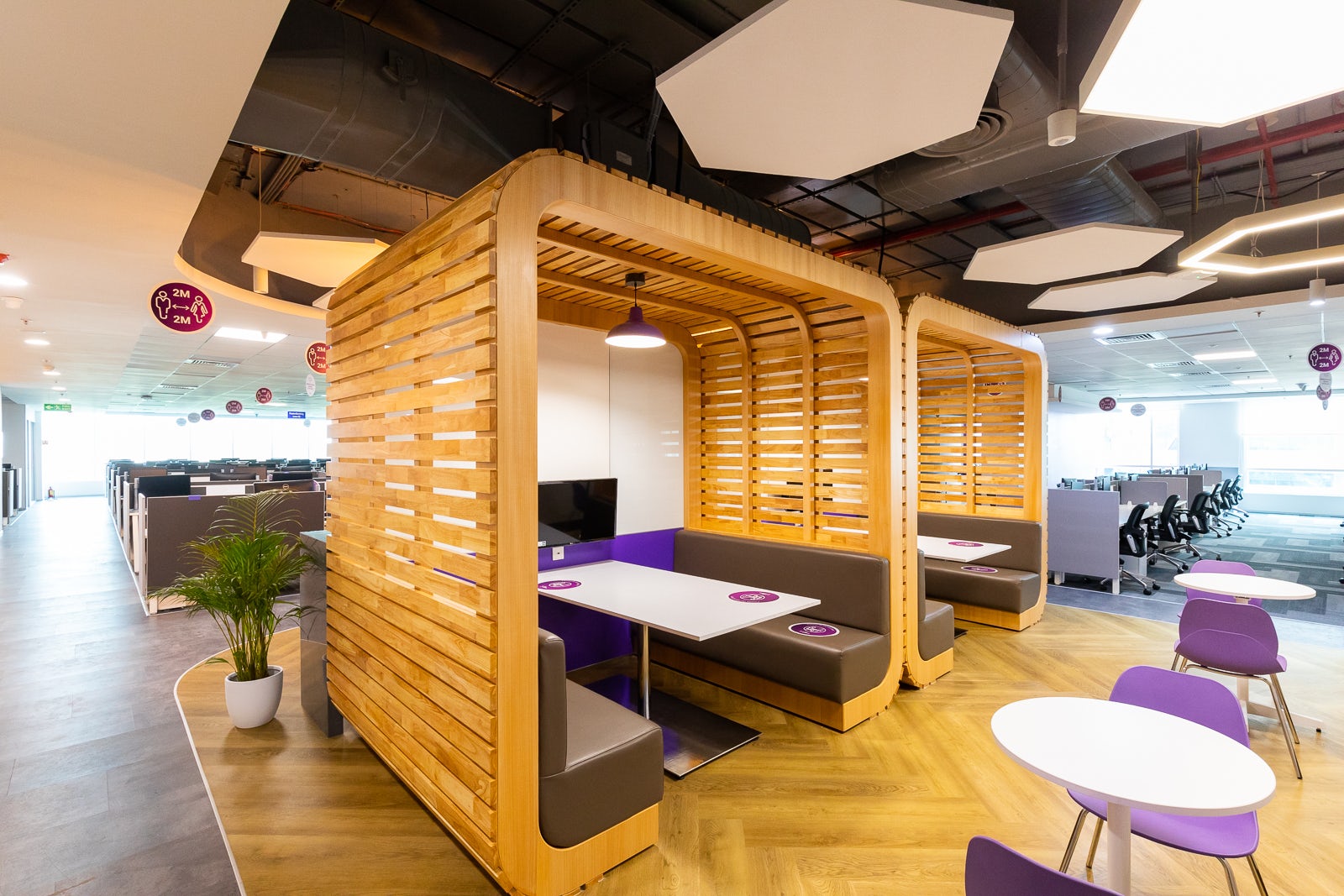
© CBRE
Finastra wanted to downsize their occupancy and introduce hybrid work modules, with 40% of their space designed for agile seating as part of their post-pandemic strategy. We focused on creating central social hubs and collaboration spaces, and re-imagined employee engagement areas by proposing interactive walls and recreational spaces with various games and activities available to enhance teamwork and collaboration.
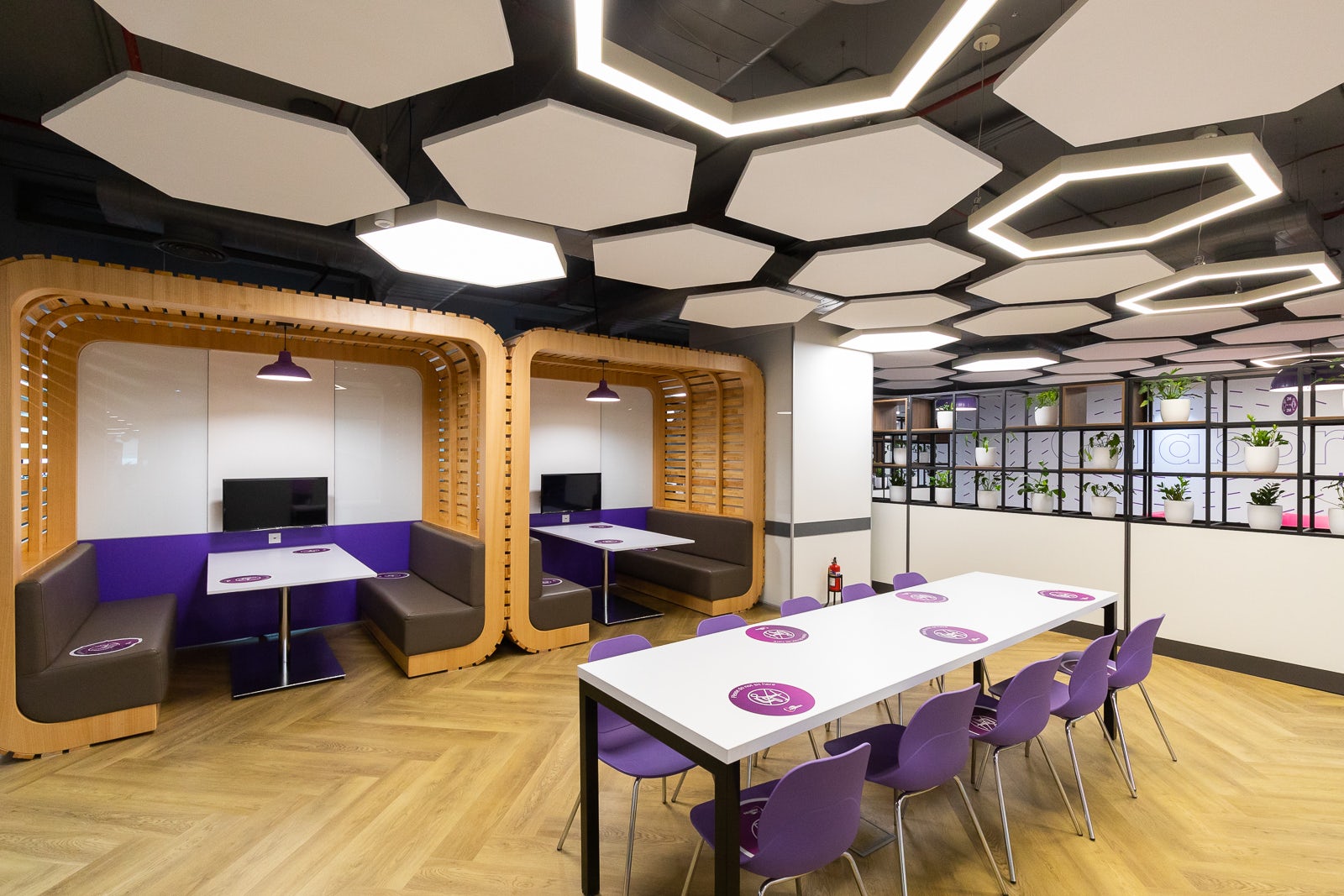
© CBRE
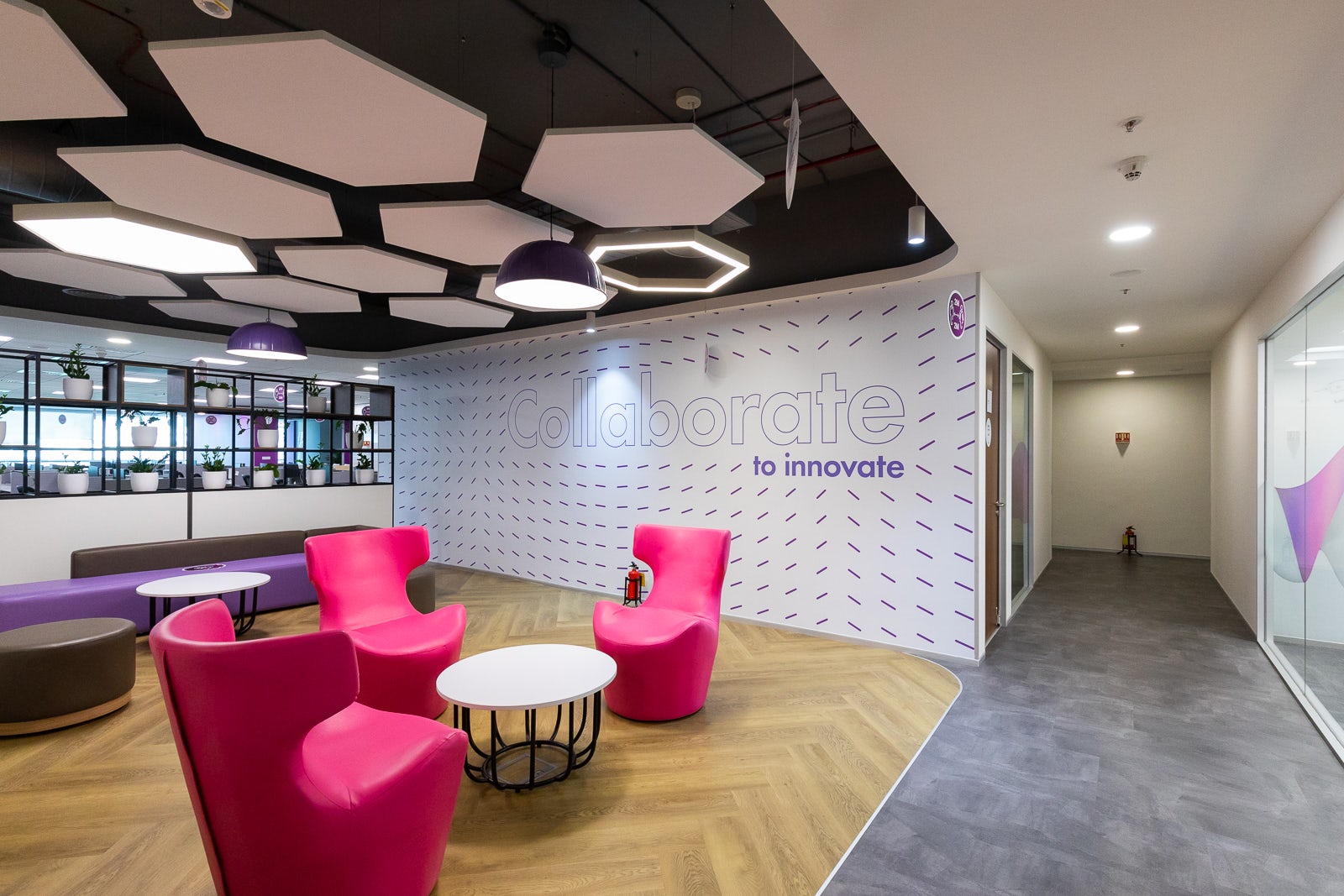
© CBRE
To allow flexibility within the space to accommodate hybrid work, we planned for configurable meeting spaces that can be turned into war rooms integrated with latest AV technology for remote meeting set-ups; flexible work desks that can be arranged in multiple ways; and flexible modular seating in collaborative areas for different types of meetings.
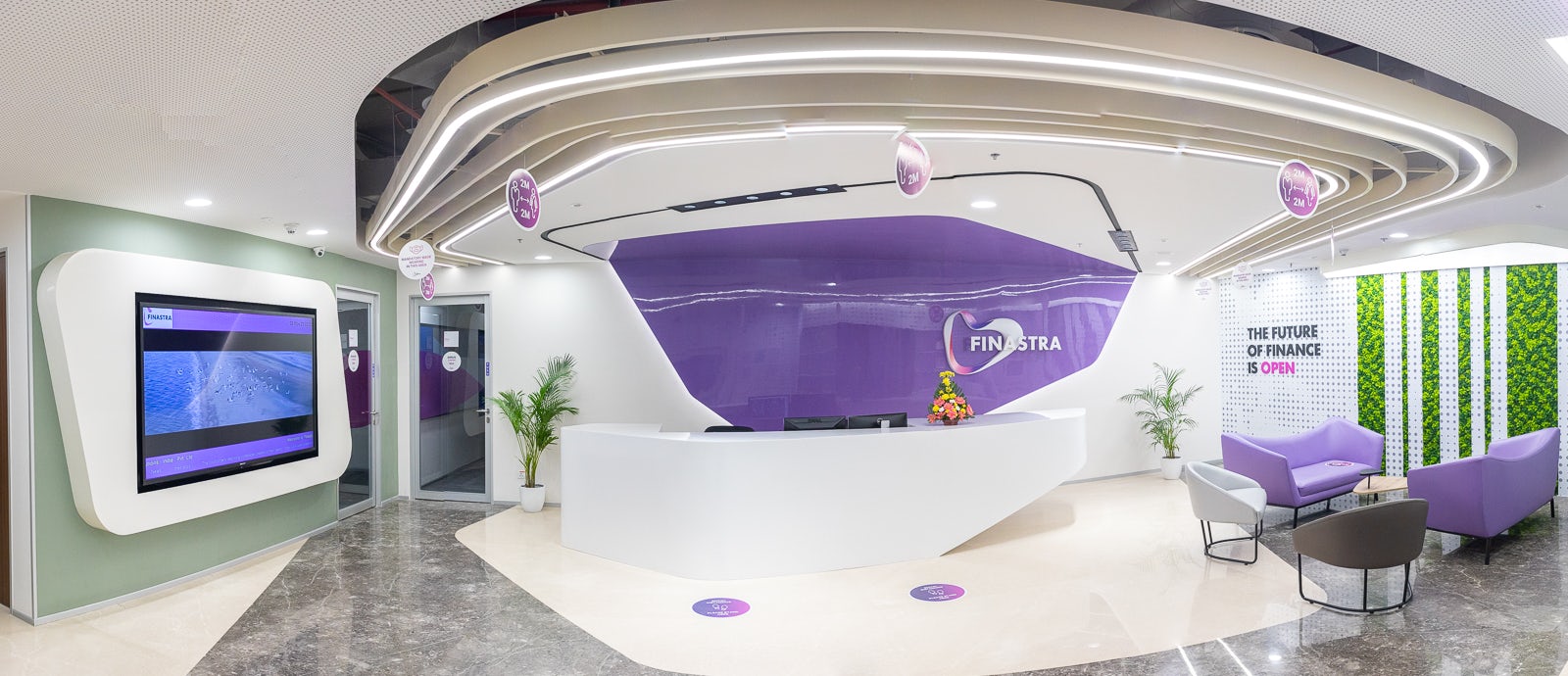
© CBRE
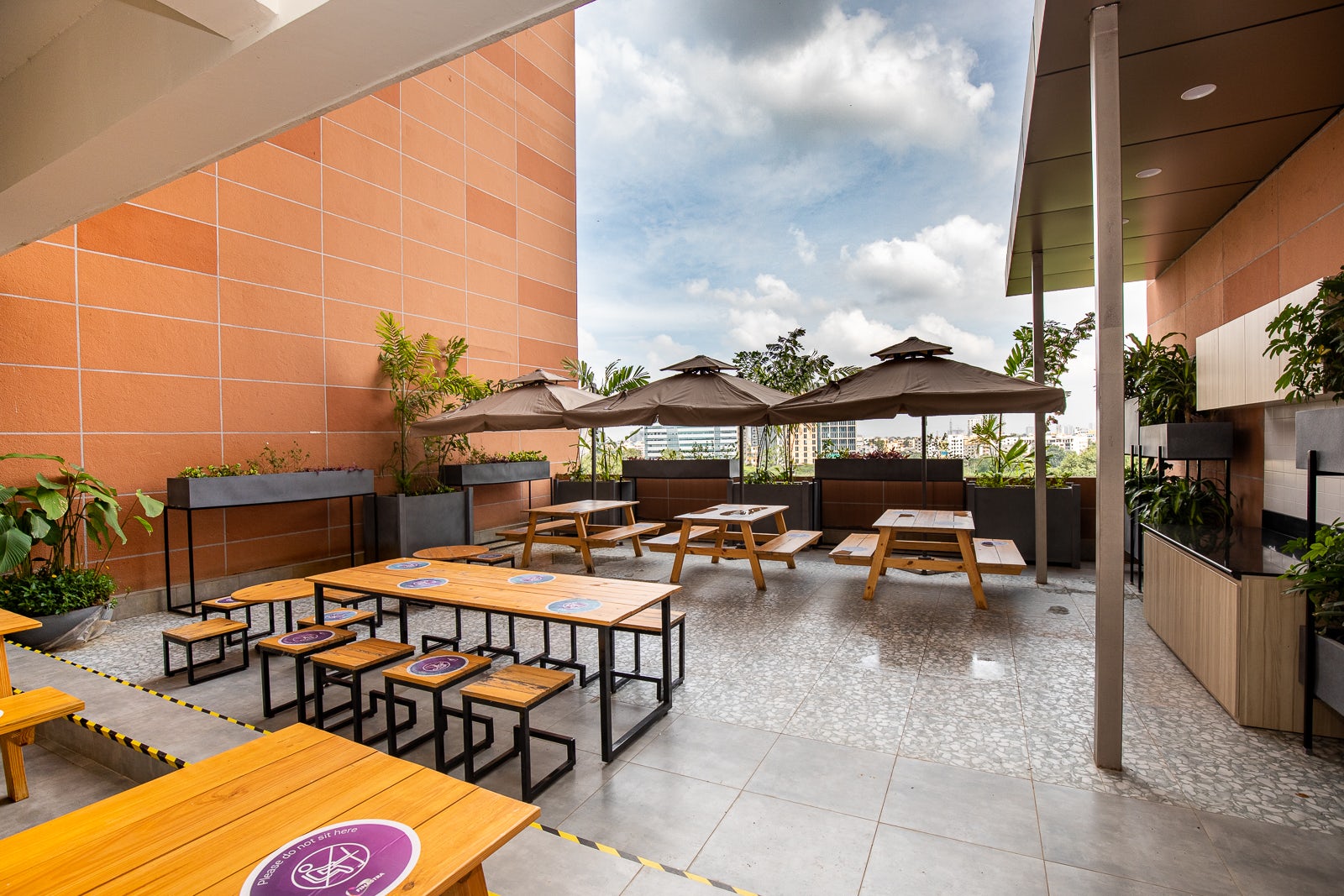
© CBRE
To uplift the mood of employees, the outdoor terrace space was converted into an exclusive fine dining area, while a full-fledged acoustically treated music studio within the office was designed to encourage employees to play their own music and perform recreationally to relax. Biophilia and green walls were installed to improve indoor air quality, while the provision of sick bays and meditation rooms help employees attain solace within the workplace and seek respite..
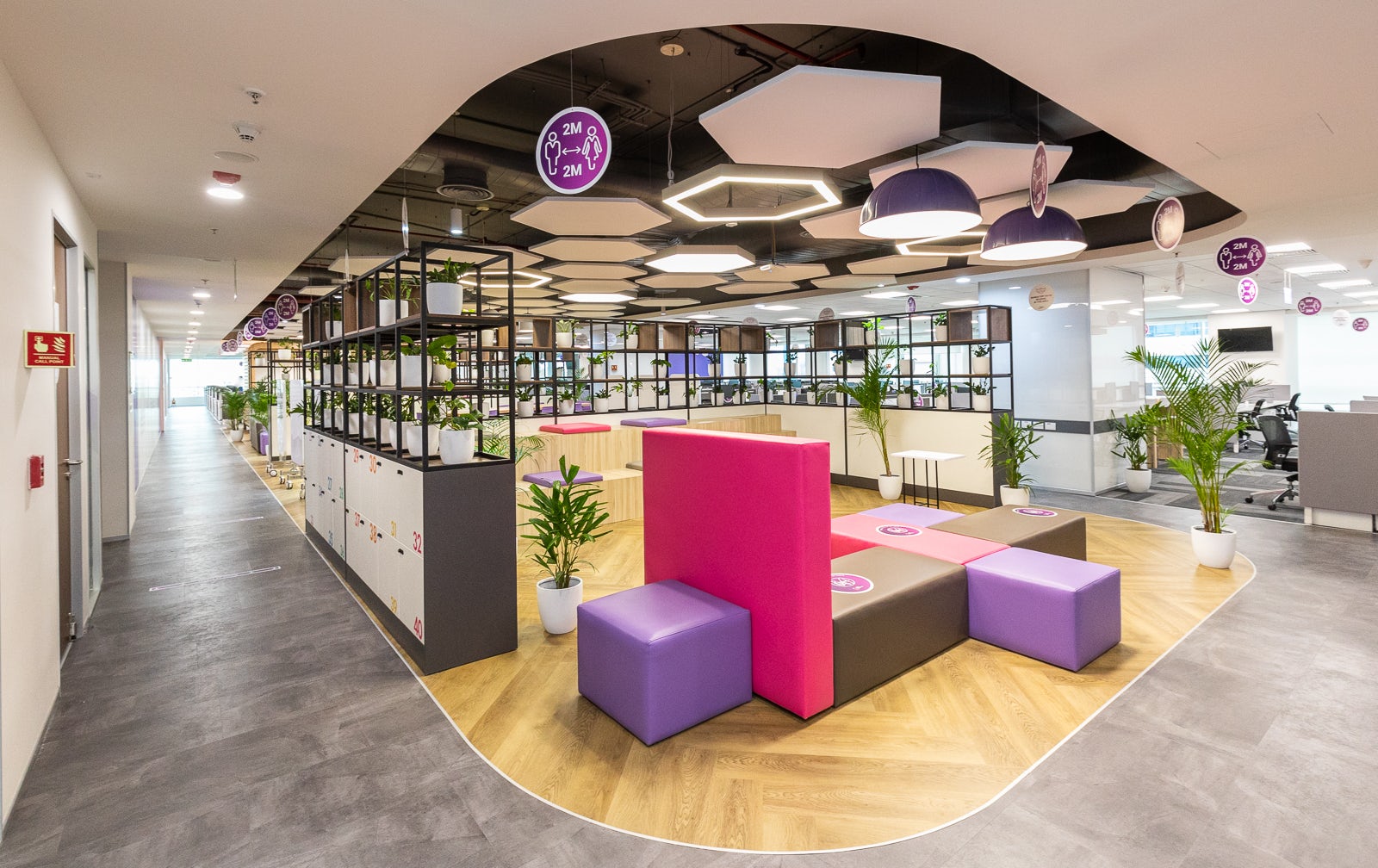
© CBRE
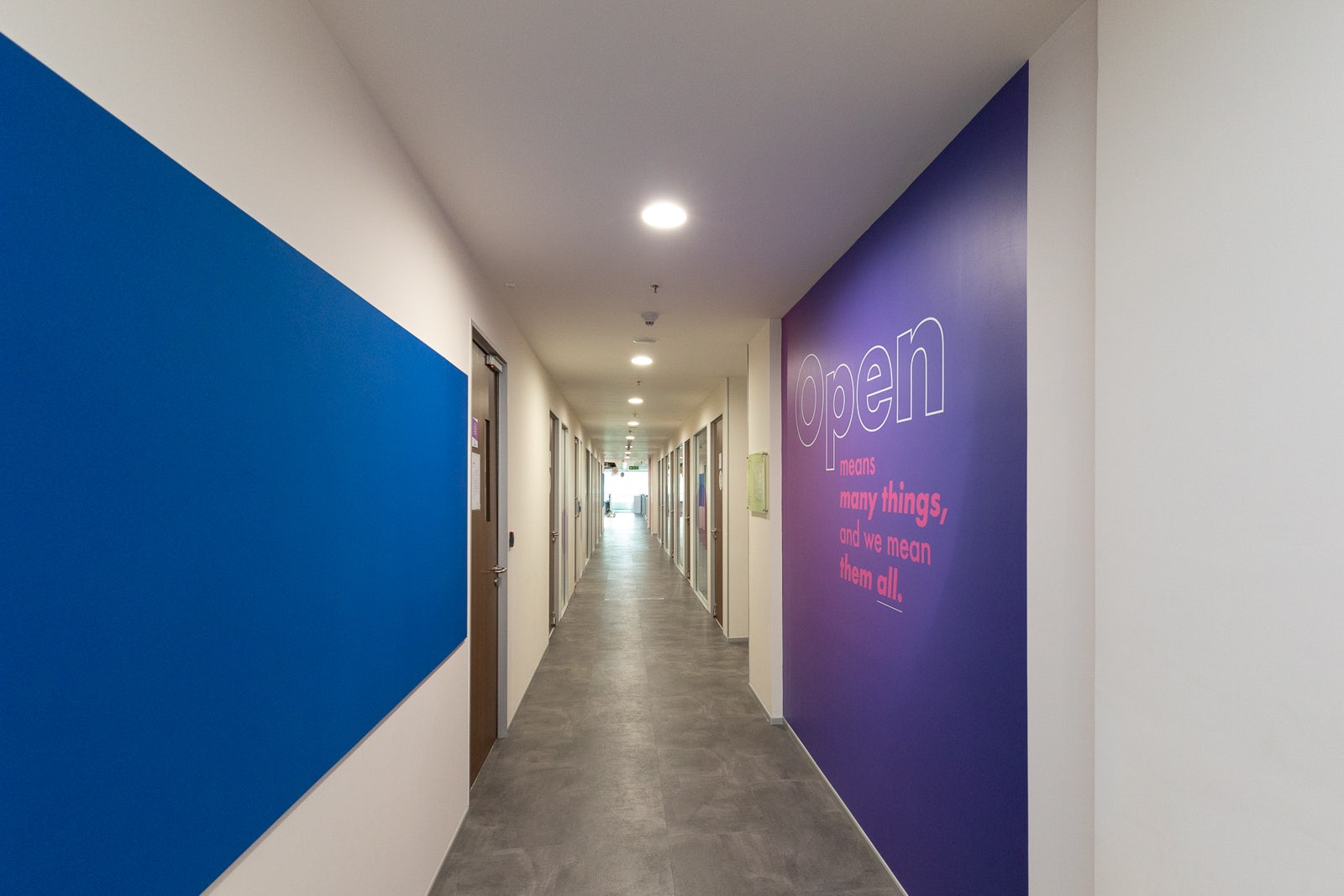
© CBRE





 Finastra
Finastra 


